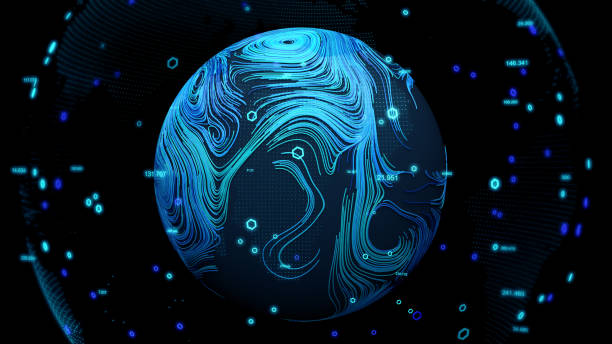BA/BS Geographic Information Science
Course Level - UG
Type - Full Time
Duration - 4 Years
Intake - August - January
Advertisement
Section
Section
- Geographic Information Science (GIScience) is the scientific discipline that conducts spatial analysis to examine economic, environmental, physical, and social phenomena.
- The study of spatial data structures and computational techniques to capture, represent, process, and analyze geographic information are essential to GIScience.
- GIScience overlaps with and draws from many research fields such as computer science, statistics, mathematics, and psychology, and contributes to progress in those fields. GIScience also supports research in many academic disciplines such as natural resource management, environmental science and engineering, geosciences, agriculture, marine sciences, sociology, history, public health, business, and anthropology.
- Courses in GIScience enable students to develop capability in spatial thinking and gather in-depth knowledge in geospatial technology. Geospatial technology is a term used to describe the range of modern tools contributing to the geographic mapping and analysis of the Earth and human societies, e.g. geographic information systems (GISystems), remote sensing, the global positioning system (GPS), spatial statistics, web mapping and navigation technologies.

